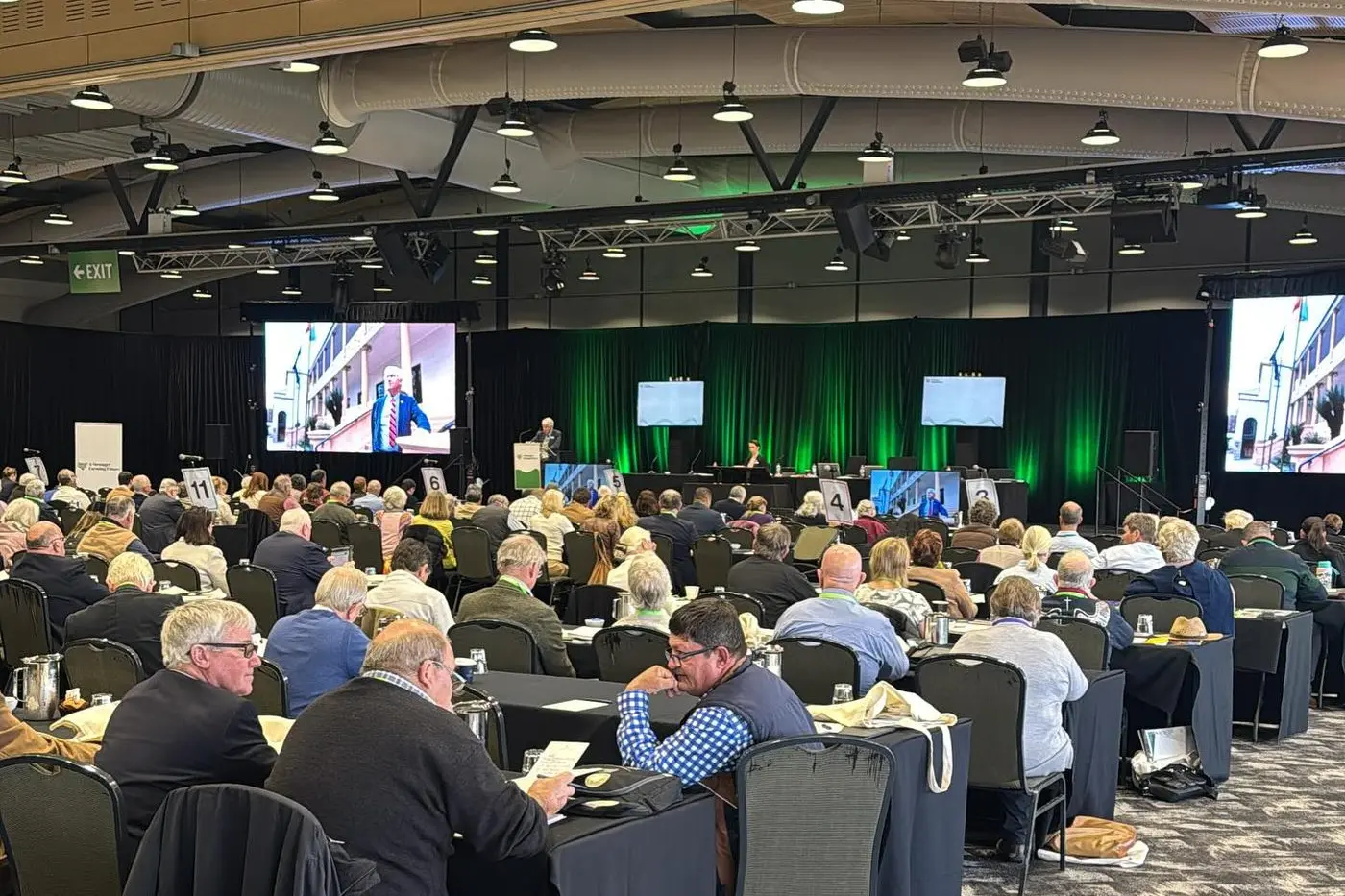PHOTO
NSW Farmers will not advocate for an immediate ban on Energy from Waste incinerator approvals in agricultural and pastoral zones.
And the reason behind the decision made at this week's NSW Farmers Annual Conference in Rosehill is because of the finer details, or rather lack of.
The NSW Farmers Parkes and Forbes Branch put forward the motion at the conference on Tuesday in an effort to stop an Energy from Waste facility that aims to burn 600,000 tonnes of Sydney's rubbish, from being built in Parkes.
But it was lost due to fears the ban might apply and impact saw mill and sugar cane mill waste burning that occur in other parts of the state.
It was a very unexpected turn of events, said Parkes and Forbes Branch vice chair Gavin Tom who was sure the motion would pass.
"It should have been explained that these 'Energy from Waste' incinerators are a special class of incinerator burning urban waste," he reflected.
Not long after the vote Mr Tom was approached by George Greig from the Tottenham Branch who offered to help them with rewording the motion to put to the next NSW Farmers Executive Council meeting in September.
"This assumes the meeting voted against the motion because they didn't realise the specific meaning of 'Energy from Waste' which would have excluded the sugar cane and timber mill waste burning," he said.
Parkes farmers Garry O'Brien and Glen Woods joined Mr Tom at the conference and spoke for the motion - they said they "totally understood" why it had to be voted down.
"Our wording brought us unstuck," Mr O'Brien said, describing the experience as a learning curve and new territory for them.
"But we spoke about it and everyone is aware."
He said rewording the motion and taking it to the executive meeting is an option.
"That's for the branch to decide.
"We'll explore all options going forward."
Mr O'Brien raised several points on Energy from Waste incineration and the Parkes proposal in his speech seeking support for the motion. Among them were:
"Australian produce has a clean, green image and is a trusted brand globally," he said.
"Merely commissioning a plant could affect processor and consumer confidence, and in turn markets.
"Traceability is paramount and as illustrated by EIO in livestock, any potential residue detection in any part of the supply chain can be tracked to the source in minutes.
"Any resulting issue could leave producers with little to no markets and negatively impact on land values and food security.
"The proponents (Parkes Energy Recovery) have never laid claim to capturing 100 per cent of pollutants and emissions, such as dioxins and furans build up in the environment over time.
"There has been no consultation with any peak agricultural body I am aware of nor any risk assessments on agriculture I have seen.
"Until the concerns of primary producers are addressed I believe we must aim to prevent Energy from Waste facilities gaining approvals in food growing regions."
Personally, Mr O'Brien said he had his concerns around agriculture, food security and human health.
"I have my concerns for an industry that's been there since land was settled," he said.
"I have nothing against the proponents and I'm not totally against the SAP (Parkes Special Activation Precinct, where the Energy from Waste plant is proposed to be built).
"I think the SAP will be brilliant for Parkes."
But he sees the SAP and the incinerator as two entirely different entities.
"Coming out of the conference we're still very positive, it's started conversations around this which is very healthy," Mr O'Brien said.
"We're all learning and it's a learning process."
The motion tabled just prior to Parkes' own at the conference was also regarding urban waste.
The Goulburn Branch proposed NSW Farmers seek to prevent urban waste from being transferred to waste management facilities in rural areas, as is the case in their region.
Detailed in the motion's background information, the NSW Government is and has future plans to expand dumping Sydney's waste in regional areas, with Sydney’s landfill space projected to run out by 2030.
"Stopping the dumping of waste in regional areas will remove the risks of contamination of agricultural land, waterways and adverse impacts on food security and neighbouring farmers," the branch said.
This state-wide motion passed, which was seconded by Parkes farmer Glen Woods, and Mr O'Brien said it was very positive and relevant to Parkes.





